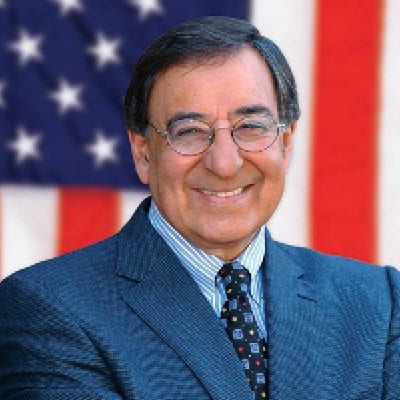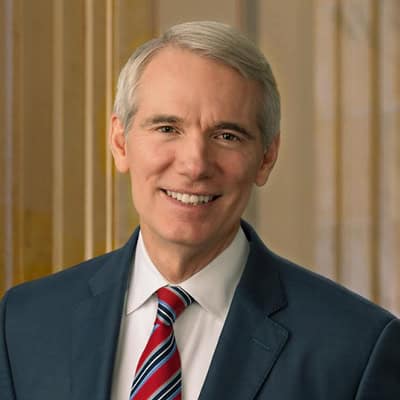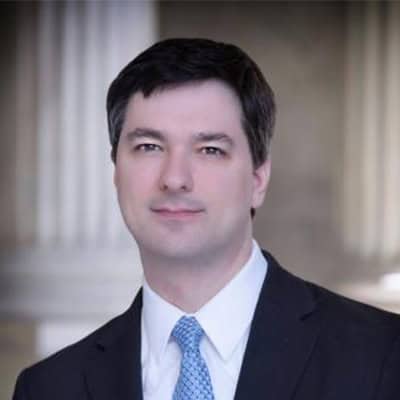Expert Views: Fiscal Commission
The Fiscal and Economic Experts

Heidi Heitkamp
Former U.S. Senator (ND) and Director of Institute of Politics, University of Chicago
To Get Our Fiscal House in Order: Put Politics First

G. William Hoagland
Senior Vice President, Bipartisan Policy Center
Fiscal Commissions: Promises and Disappointments

Leon E. Panetta
Former U.S. Secretary of Defense and Chair, The Panetta Institute for Public Policy
Our National Debt: The Choice between Leadership or Crisis

Robert Portman
Former U.S. Senator (OH) and Distinguishing Visiting Fellow in the Practice of Public Policy, American Enterprise Institute
A Bipartisan Tool to Improve America’s Fiscal Future

Brian Riedl
Senior Fellow, Manhattan Institute
Yes, Fiscal Commissions Can Succeed with a Committed Congress

Ben Ritz
Director, Center for Funding America’s Future, Progressive Policy Institute
Setting Up a Fiscal Commission for Success

Sita Slavov
Professor of Public Policy Schar School of Policy and Government, George Mason University
Making Tough Fiscal Choices to Protect Future Generations

Mark Zandi
Chief Economist, Moody’s Analytics
A Way to Brighten America’s Dark Fiscal Outlook

Dana M. Peterson
Chief Economist & Center Leader of Economy, Strategy & Finance, The Conference Board
Lori Esposito Murray
President of the Committee for Economic Development, The Conference Board
The Debt Crisis Is Here
Questions Posed to the Experts
- What are the benefits of establishing a bipartisan fiscal commission to propose comprehensive reforms to stabilize the debt?
- How should a commission be structured to give it the best chance of success?
- Propose at least three structural spending or revenue reforms that would decrease deficits over the long term, and could be included as part of a bipartisan package.
A note from Michael Peterson
Chairman and CEO of the Peterson Foundation
Earlier this year, our nation narrowly avoided a debt ceiling default and we are now staring down a deadline for a potential government shutdown. These repeated, self-inflicted crises and budget brinksmanship harm the economy and are not actually addressing the true drivers of our $33 trillion and rising national debt.
What we need is a serious, substantive and comprehensive approach to solving the long-term structural imbalances of our budget. A new bipartisan commission would enable an important national dialogue on this fundamental challenge to our nation’s fiscal and economic future.
We asked a group of respected policy experts to share their views on how a bipartisan fiscal commission could help break this cycle of fiscal governing-by-crisis and enable a more focused and productive discussion of our fiscal challenges. These nine new essays feature a range of insights on the best way to structure a commission for success, as well as recommendations for specific spending and revenue policies that would reduce the deficit and could be included in a bipartisan package.
The concept of a commission is gaining momentum among leaders in Washington, and American voters strongly agree. We hope that the ideas presented here in Expert Views: Fiscal Commission can help provide valuable recommendations toward fiscal solutions that are critical to America’s future.